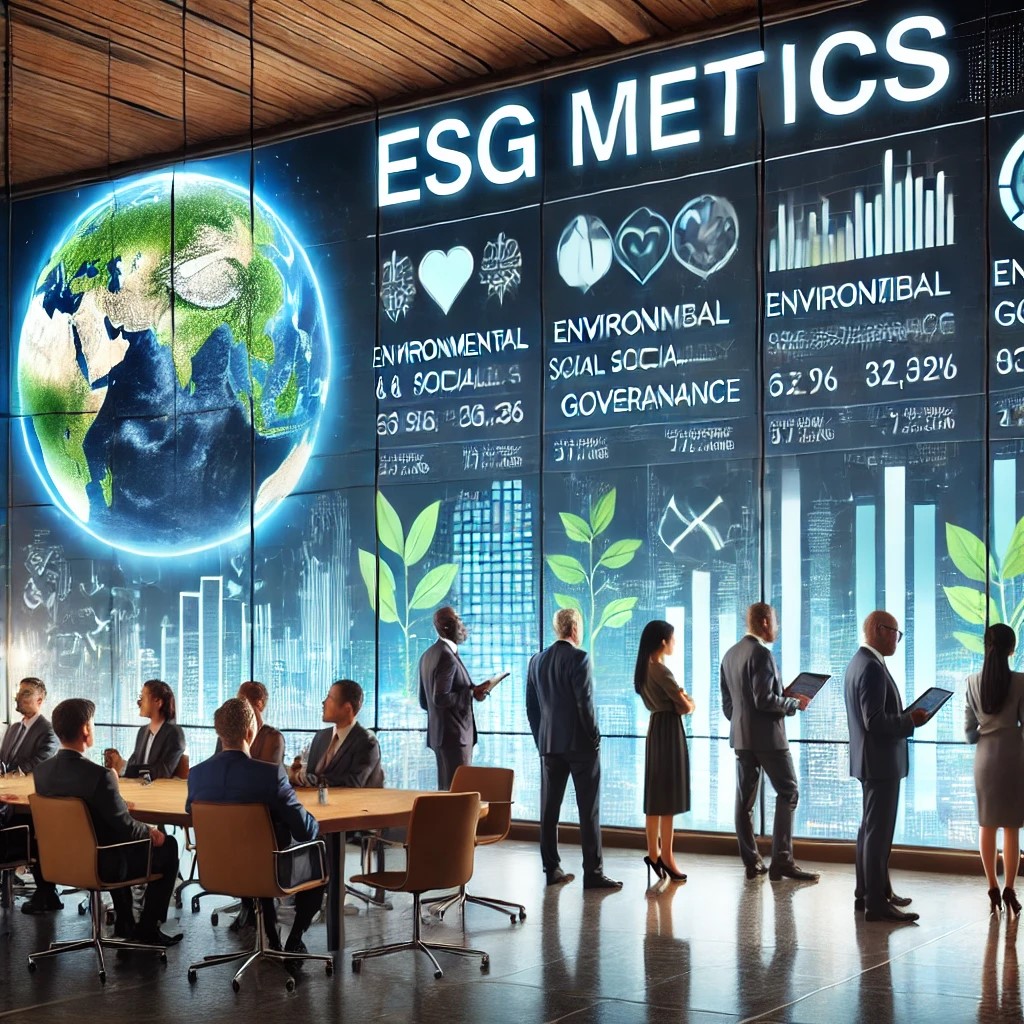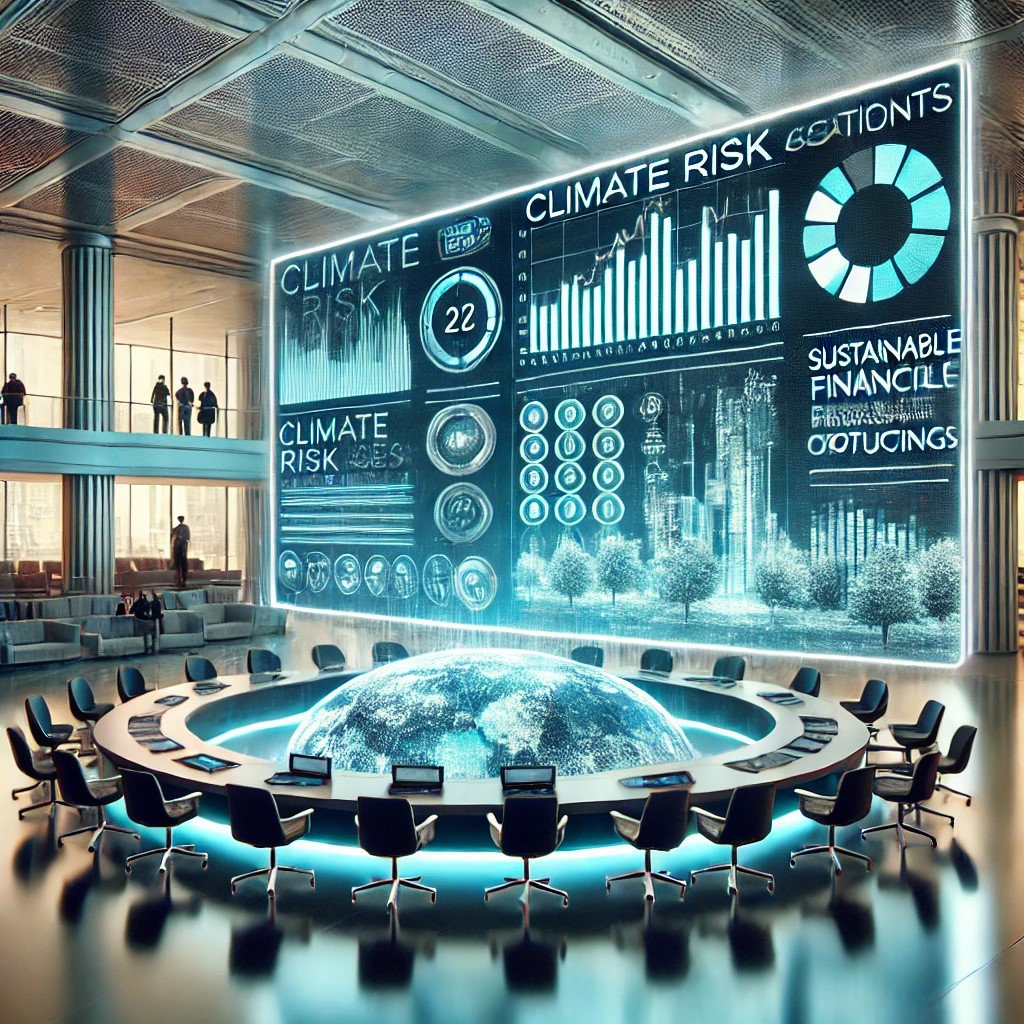The Future of Financial Markets in the Context of Climate Change
Climate change is one of the most pressing global challenges, significantly impacting economies and financial markets worldwide. As the urgency to address environmental issues grows, financial markets are increasingly integrating climate considerations into their operations and decision-making processes. This article explores current trends and future predictions for financial markets in the context of climate change, highlighting how these developments are reshaping the financial landscape.

Current Trends
Rise of Green Finance: Green finance, which focuses on investments that generate environmental benefits, is rapidly gaining traction. Green bonds, loans, and sustainable investment funds are being issued at unprecedented rates. These financial instruments support projects related to renewable energy, energy efficiency, sustainable agriculture, and other environmentally friendly initiatives. The growing demand for green finance reflects investors’ increasing awareness of the risks and opportunities associated with climate change.
Integration of ESG Criteria: Environmental, Social, and Governance (ESG) criteria are becoming central to investment strategies. Investors are using ESG metrics to evaluate companies’ environmental impact, social responsibility, and governance practices. This shift is driven by the recognition that companies with strong ESG performance are better positioned to manage risks and capitalize on opportunities in a changing climate.
Regulatory Changes and Disclosure Requirements: Governments and regulatory bodies are implementing stricter regulations and disclosure requirements related to climate risks. Initiatives such as the Task Force on Climate-related Financial Disclosures (TCFD) encourage companies to disclose their exposure to climate risks and their strategies for managing them. Enhanced transparency helps investors make informed decisions and promotes corporate accountability.

Future Predictions
Expansion of Sustainable Investments: The future will see a continued expansion of sustainable investments. Impact investing, which aims to generate positive social and environmental impacts alongside financial returns, will become mainstream. Investors will increasingly prioritize companies and projects that contribute to climate mitigation and adaptation efforts.
Enhanced Climate Risk Disclosure: As the importance of climate risk disclosure grows, more comprehensive and standardized reporting frameworks will be developed. Companies will be required to provide detailed information on their climate-related risks and opportunities, fostering greater transparency and accountability.
Advancements in Climate Analytics: Technological advancements in data analytics and artificial intelligence will enhance the ability of financial institutions to assess and manage climate risks. Advanced climate analytics will provide more accurate predictions of climate impacts, enabling better decision-making and risk management.

Conclusion
The future of financial markets in the context of climate change is characterized by significant transformation and innovation. Current trends, such as the rise of green finance, integration of ESG criteria, regulatory changes, climate risk assessment, and carbon markets, are reshaping the financial landscape. Looking ahead, the expansion of sustainable investments, enhanced climate risk disclosure, advancements in climate analytics, integration of climate considerations into central banking, growth of climate-focused financial products, and global cooperation will further drive the evolution of financial markets. By embracing these developments, financial institutions and investors can contribute to a more sustainable and resilient global economy.
(Writer:Hoock)





